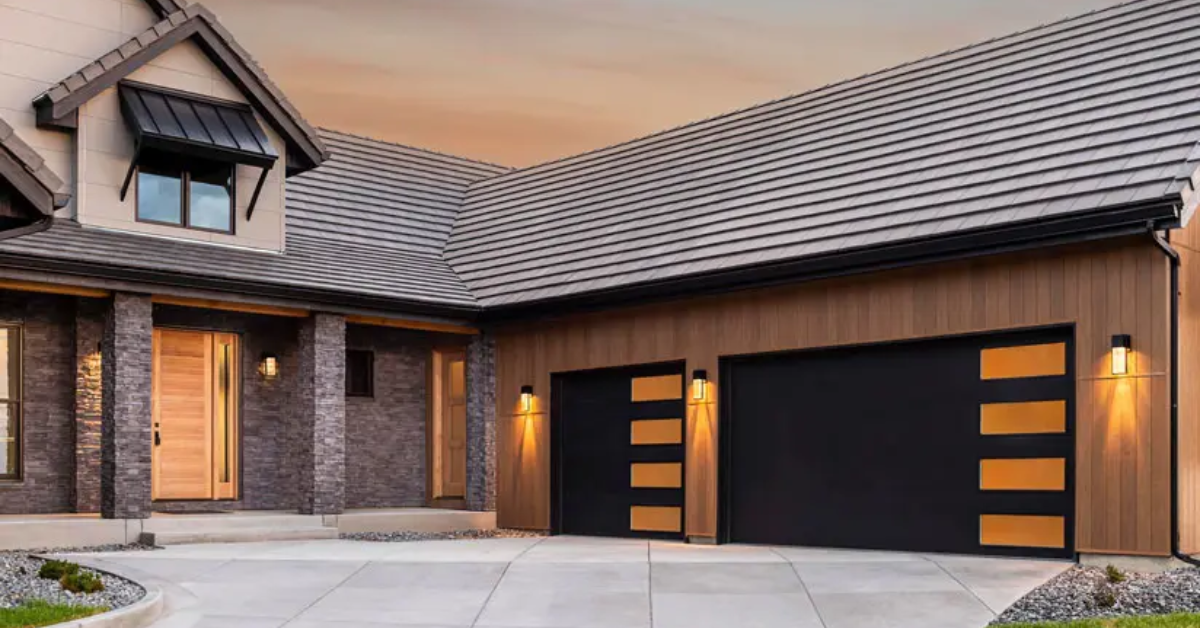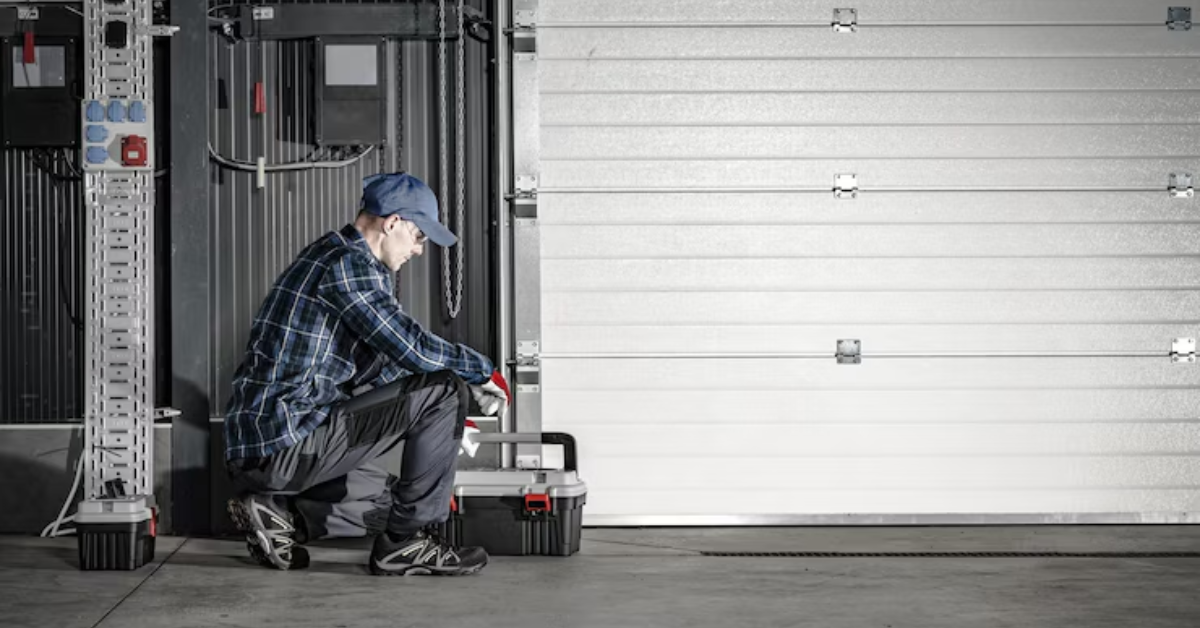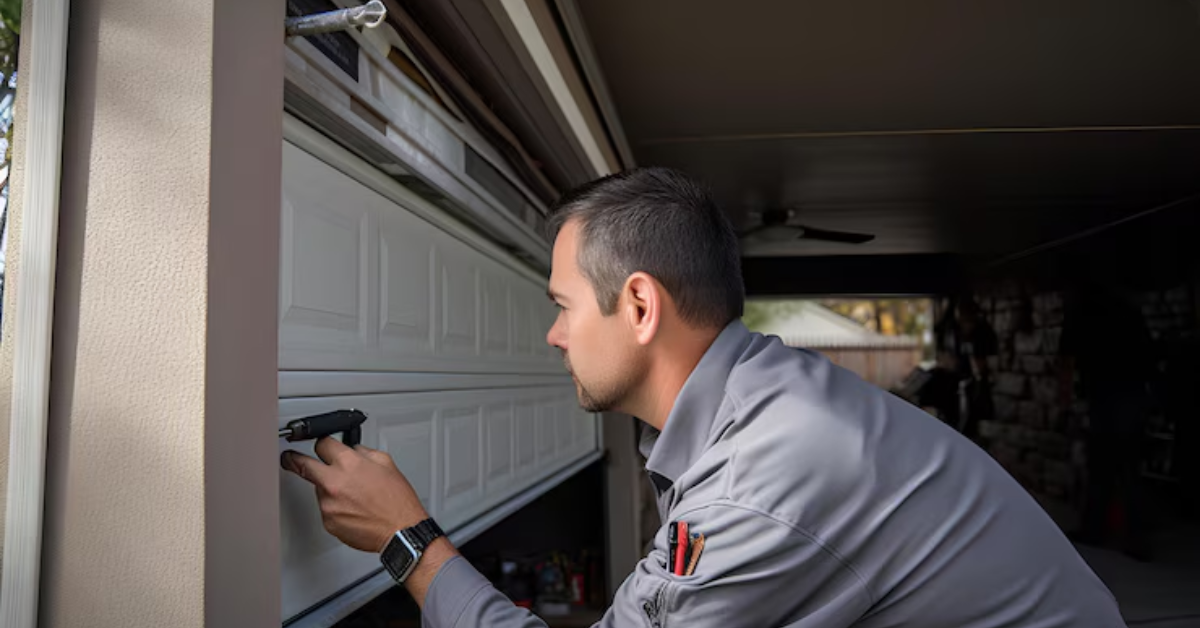What Are Clopay Garage Doors Made Of?
Clopay garage doors are crafted from a variety of high-quality materials, designed to suit different needs, styles, and performance requirements. The most common materials used in Clopay garage doors include steel, aluminum, wood, glass, and composite materials. Each material offers its own set of benefits, whether it’s durability, insulation, design, or eco-friendliness. Clopay’s garage doors are known for their long-lasting performance and aesthetic appeal, making them a popular choice for both residential and commercial properties. Let’s explore in detail the materials used in Clopay garage doors and what makes them stand out.
1. Steel Garage Doors
Steel is one of the most popular materials used in Clopay garage doors due to its durability and low maintenance. Clopay’s steel garage doors are designed to be strong and withstand the elements, making them ideal for homeowners looking for long-lasting doors that require minimal upkeep. Steel doors are available in single, double, and triple layers, offering varying levels of insulation and strength.
- Single-layer steel doors are budget-friendly and provide basic protection, suitable for homes in moderate climates.
- Double-layer steel doors feature an additional layer of insulation, offering improved energy efficiency and soundproofing.
- Triple-layer steel doors provide maximum insulation and durability, ideal for homeowners who want the best in energy savings and quiet operation.
Steel doors are also customizable with various finishes, including wood-like textures and colors, offering both functionality and style.
2. Aluminum Garage Doors
Aluminum is another material commonly used in Clopay garage doors, particularly in modern or contemporary designs. Aluminum doors are lightweight, making them easier to operate manually or with a garage door opener. Despite being lightweight, aluminum doors can still provide excellent durability and resistance to corrosion, making them ideal for homes in coastal areas or regions with high humidity.
Aluminum doors often feature glass panels, adding a sleek, modern aesthetic to the home. These doors are also highly customizable, allowing homeowners to choose from various glass options, frame colors, and panel designs. The combination of aluminum and glass creates a stylish, light-filled look that enhances the curb appeal of any home.
3. Wood Garage Doors
For homeowners looking for a classic and natural look, Clopay offers wood garage doors made from high-quality wood species such as cedar, redwood, and fir. Wooden garage doors add a sense of warmth and elegance to any home, and they can be customized with different stains, paints, and designs to match the home’s exterior.
Wood garage doors require more maintenance than other materials, as they need to be sealed or painted regularly to protect them from moisture, warping, and cracking. However, the timeless beauty and charm that wood provides make it a worthwhile investment for many homeowners.
Clopay also offers faux wood garage doors made from composite materials, which mimic the appearance of wood while offering greater durability and lower maintenance.
4. Composite Garage Doors
Clopay’s composite garage doors combine the beauty of wood with the durability of steel. These doors are made from eco-friendly materials that are resistant to rotting, cracking, and splitting, offering the aesthetic appeal of wood without the maintenance challenges. Composite garage doors are a great choice for homeowners who want a wood-like appearance but live in areas with harsh weather conditions.
These doors are insulated, providing energy efficiency and soundproofing, making them ideal for attached garages or homes in extreme climates. Composite garage doors are also available in various designs and finishes, offering the look of natural wood without the associated upkeep.
5. Glass Garage Doors
Clopay offers glass garage doors as part of their modern collection, which features full-view aluminum and glass doors. These garage doors are perfect for homeowners looking for a sleek, minimalist design that allows natural light to enter the garage. Glass garage doors are typically framed with lightweight aluminum and can be customized with different types of glass, including frosted, tinted, and clear options.
Glass garage doors are an excellent choice for homes with contemporary architecture or those that want to make a bold design statement. While they may not offer the same level of insulation as steel or composite doors, they provide a unique aesthetic and are often used in warmer climates where energy efficiency is less of a concern.
6. Energy Efficiency
Many of Clopay’s garage doors, regardless of the material, are available with insulation options. Insulated garage doors help regulate the temperature inside the garage, making them ideal for homes with attached garages or those located in extreme climates. Insulation also provides soundproofing, which can be beneficial for homes near busy streets or in noisy neighborhoods.
Clopay offers doors with Intellicore® insulation technology, which fills the door with a dense, energy-efficient foam that provides superior thermal performance and strength. Insulated doors are especially important for homeowners who use their garage as a workshop, gym, or additional living space.
7. Customization and Design Options
Clopay garage doors are highly customizable, allowing homeowners to choose the material, color, design, and hardware that best suits their home’s style. Whether you prefer the traditional look of a wood door, the modern appeal of glass, or the durability of steel, Clopay offers a wide range of options to match your preferences. With different window designs, decorative hardware, and paint finishes available, homeowners can create a garage door that enhances the curb appeal and value of their home.
Conclusion
Clopay garage doors are made from a variety of high-quality materials, each offering unique benefits. Whether you’re looking for the durability of steel, the elegance of wood, the modern aesthetic of glass, or the eco-friendliness of composite, Clopay provides a solution that caters to every homeowner’s needs. By understanding the materials and their advantages, you can choose the right Clopay garage door that not only enhances the look of your home but also meets your performance and maintenance expectations.




